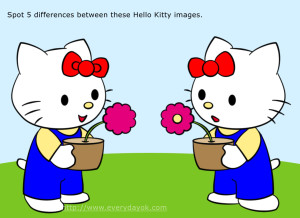
And we saw, at the climax of the heavenly scene in Rev 4-5, those present in God’s throne room fall down and worship. (5:14)
Whom do they worship? Both God, and the Lamb, as the songs said. (4:11, 5:11-13)
But there’s an interesting textual variant. If you look in your old King James Version, which uses an inferior edition of the Greek New Testament, 5:14 reads:
And the four and twenty elders fell down and worshipped him that liveth for ever and ever. (emphasis added)
All modern textual scholars seem to agree that this is not the original reading, in other words, that the words I just bolded were inserted into the book. Why?
This is evidently a deliberate change, and not a scribal mistake (e.g. accidentally mis-spelling, repeating a line, skipping a line, etc.). Why would someone make this insertion?
I can think of two reasons. Both depend on the assumption that only God himself should be worshiped. As we’ve seen, chapter 5 shows Jesus being worshiped. But this can’t stand!
- Reason 1: So, we reason, the chapter should wrap up by clarifying – or rather “clarifying” – that it is really God who is being worshiped here, not Jesus. This is accomplished by inserting a Johannine phrase which denotes the Father, i.e. God, the one who sits on the throne in this scene. Clever! For his part, 18th c. unitarian Theophilus Lindsey loves it. ( p. 38)
- Reason 2: This suggestion in ch. 5 that there are really two objects of worship can’t stand. So we end the episode by clarifying – that is, “clarifying” – that there is really just one object of worship: God. So, Jesus and God are one and the same. And isn’t this episode (ch. 5) sort of book-ended by other worship scenes where God alone is worshiped? (ch. 4, ch. 19) Don’t you get the hint? Don’t you? It’s like God has momentarily split apart to reveal his multi-personal nature.
